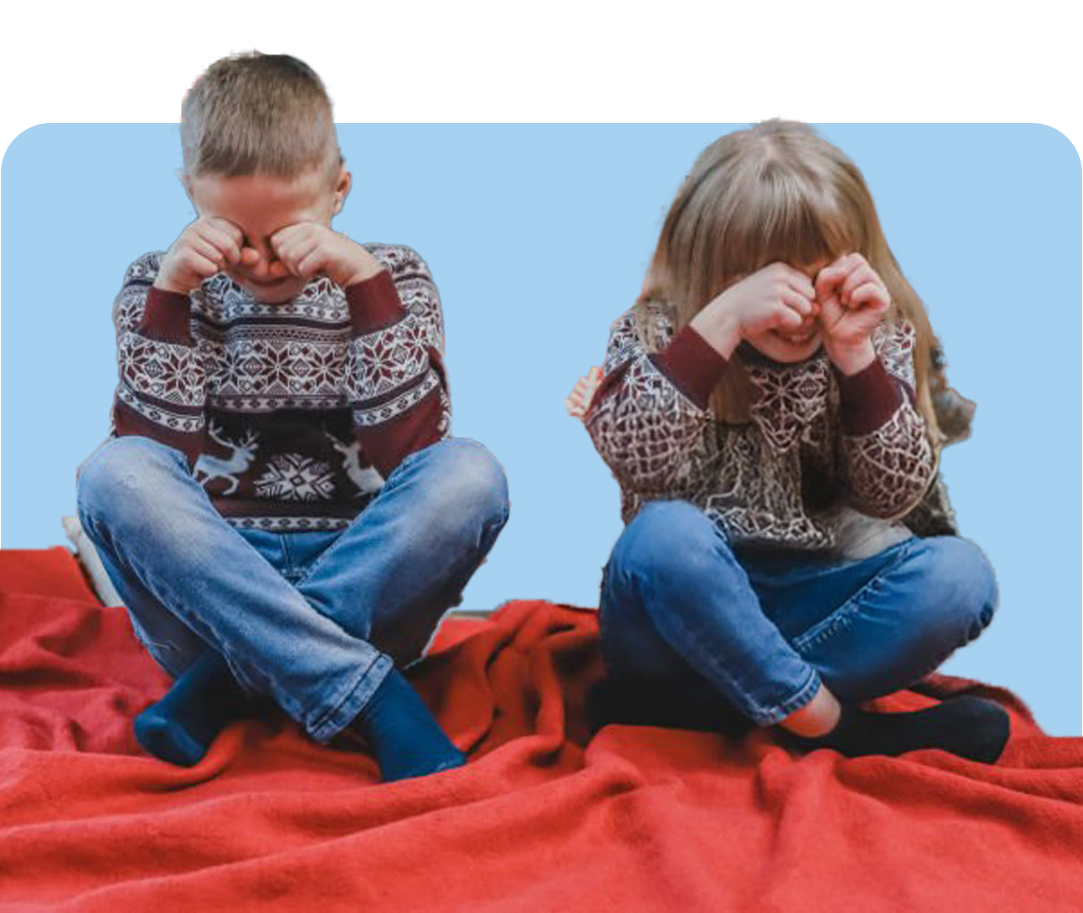Don't limit yourself. You can go as far as your mind lets you.
The only limits to the possibilities in your life tomorrow are the 'buts' you use today.

TRENDING TOPICS FOR YOU
I started Women's Month planning to write something polished. A proper opening post. Something that felt finished and confident and, you know, appropriately celebratory.
And then I sat down to write it and what came out instead was this: I am still figuring so much out.
This month of February arrives carrying its usual symbols — hearts, flowers, reminders to love loudly and visibly. But beneath all of that, many of us are walking through our days holding quiet concerns, unanswered questions, and a deep sense of care for a world that feels like it’s hurting.
Gratitude isn’t denial. It’s grounding.
It’s the practice of noticing what still exists when everything feels like it’s unraveling. The relationships that hold. The small moments of safety. The fact that even in a hurting world, care is still being offered — sometimes quietly, sometimes imperfectly, but genuinely.
Peace doesn’t usually show up once everything is fixed. More often, it’s something we practice while things are still unfolding. It’s something we carry — gently, imperfectly — even when the world feels loud, uncertain, or divided.
Acceptance often gets misunderstood.
It’s mistaken for giving up, settling, or pretending that things don’t matter. But real acceptance is none of those things. It’s not about liking everything as it is. It’s about making peace with what’s real so we can move forward without carrying unnecessary weight.
There’s something almost ironic about “growth.” We talk about it as if it’s always about fixing what’s broken or transforming what’s not enough.
One most people overlook is that growth often begins with what’s already functioning well.
Connections are the threads that weave life together—relationships with our children, students, partners, colleagues, friends, and even ourselves. And just like habits, not all connections deserve to continue in the same form.
Here’s the truth: some relationships can energize us, and others can quietly drain us.
There are things we carry into the new year not because they help us grow, but because they’ve become familiar. They feel like home base, even when home base is uncomfortable.
We all bring something into the New Year—habits, patterns, beliefs, fears, relationships, expectations, unfinished healing, unfinished conversations, and unfinished growth.
The real work is deciding what actually deserves to come with us. Because not everything does.
This is the part of winter no one talks about — the in-between. The space where you’re not closing the year anymore, but you haven’t stepped into the next one either.
It’s quiet, almost uncomfortably so, and it has a way of bringing up things you didn’t exactly schedule time for.
Winter doesn’t just happen inside individuals.
It happens between people, too.
Between co-parents trying to keep routines steady while juggling everything else.
Between colleagues who care about each other but are running on fumes.
Between family members moving around the same house but feeling worlds apart.
Children have their winter signals. But adults? Ours tend to be disguised as being “fine.”
You keep going, showing up, and managing schedules, emotions, meals, projects, relationships—until one day you realize you're running on the same 2% battery you’ve been ignoring for weeks. This is the grown-up version of wintering.
December can be a full season—full of change, excitement, overstimulation, unpredictable schedules, emotional memories, and expectations they can’t quite name. Kids don’t have the words, so their bodies and behaviors speak for them.
It’s not misbehavior, attitude or “regression.” It’s their nervous system whispering, “Something is too much right now.”
Wintering asks us to listen—not just to what children need, but to what we need as well.
Because when adults model slowing down with intention, children experience something powerful: rest is not a reward—it's a rhythm.















Everything I teach in Positive Discipline at its absolute core is about this kind of attunement. Women who teach and parent well are already doing the attunement that Positive Discipline formalizes. They were doing it before anyone gave it a name.
What they haven't been given is recognition that it is work. Real work.